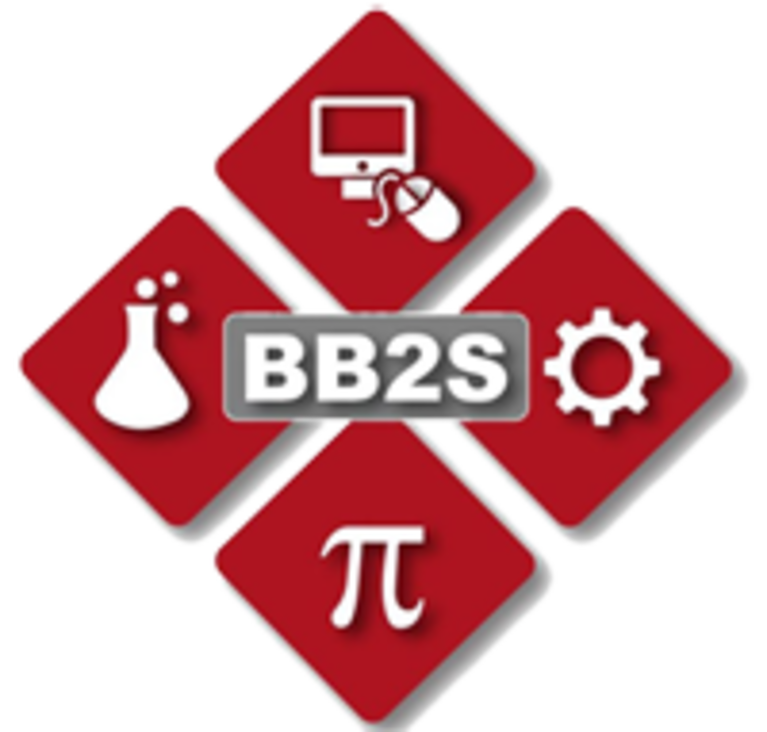WHY STEM?
Antonio Jackson
Executive Director & Co-Founder
“Growing up, I didn’t see a lot of children of color like myself in STEM activities, and I wanted to change that.”
The Narrative
Historically, youth of color have not been encouraged or felt accepted in Science, Technology, Engineering, and Mathematics (STEM) activities or career fields. It’s common to find such kids in sports and/or entertainment rather than STEM areas. In light of this, BB2S developed a mission to create an environment where young people would have access and opportunities to different STEM activities that would introduce them to careers in those fields. These activities are intended to engage them so that they would reach their potential, and feel accepted while having fun.
The vision of BB2S is based on the premise that exposure to STEM education better positions students for higher wage and high demand occupations thus leading to economic prosperity and contributing to the vibrancy of communities of color across Portland.
Facts & Statistics
Careers in STEM are increasingly vital, with new inventions and advancements occurring daily in these fields.
According to the NCSES, Asian workers had the highest share employed in STEM (39%), whereas the lowest share was among Black workers (18%) as at 2023. Overall, only 24% of the U.S workforce is employed in STEM.
U.S Bureau of Labor Statistics show that the median annual wage for STEM occupations was $101,650 while that of Non-STEM occupations was $46,680 in 2023.
WHAT IS STEM?
Science begins with questions and fosters investigation. Investigation leads to a hypothesis requiring exploration to find evidence to answer those questions. This process involves designing experiments, collecting data, and analyzing results to draw conclusions. Through this iterative method, science builds a body of knowledge that continually evolves. As hypotheses are tested and retested, they may be refined or replaced, driving scientific progress.
Technology focuses on making things happen. Critical thinking and logical reasoning are skills children need in order to use today's rapidly advancing forms of technology effectively and responsibly. These skills enable them to navigate the vast amounts of information available, solve complex problems, and make informed decisions.
Engineering is a body of knowledge about the design and creation of products and a process for solving problems. Engineering utilizes concepts in science and mathematical principles for creative problem-solving and innovation. By integrating creativity with technical expertise, engineering drives advancements in various fields, from infrastructure and transportation to healthcare and communication, ultimately enhancing the quality of life and fostering sustainable development.
Mathematics includes theoretical mathematics and applied mathematics. Both abstract and logical thinking are cultivated by experiences in Mathematics. Theoretical mathematics delves into abstract concepts and structures, providing a foundation for understanding fundamental principles. Applied mathematics, on the other hand, focuses on practical applications of mathematical theories to solve real-world problems.






